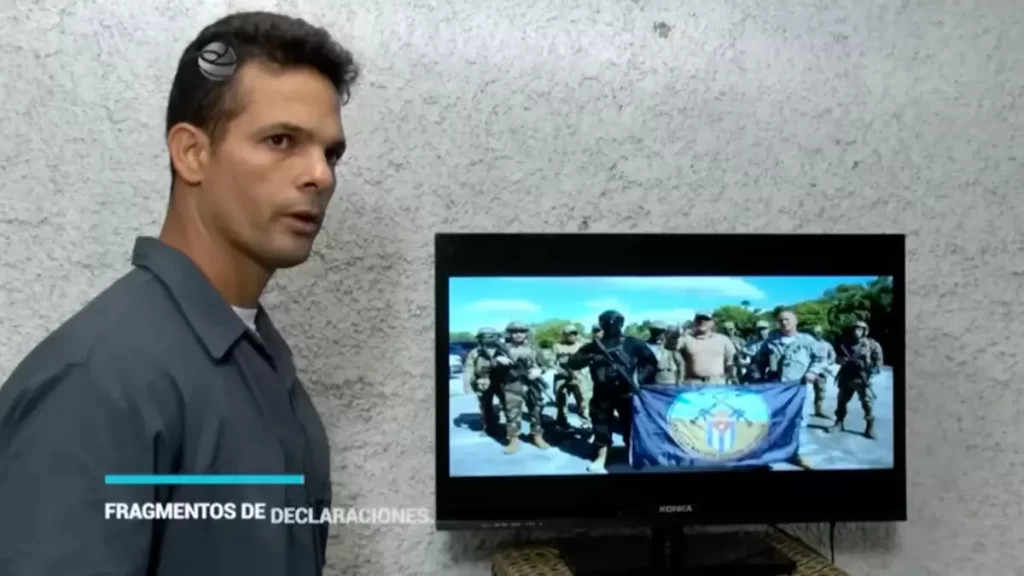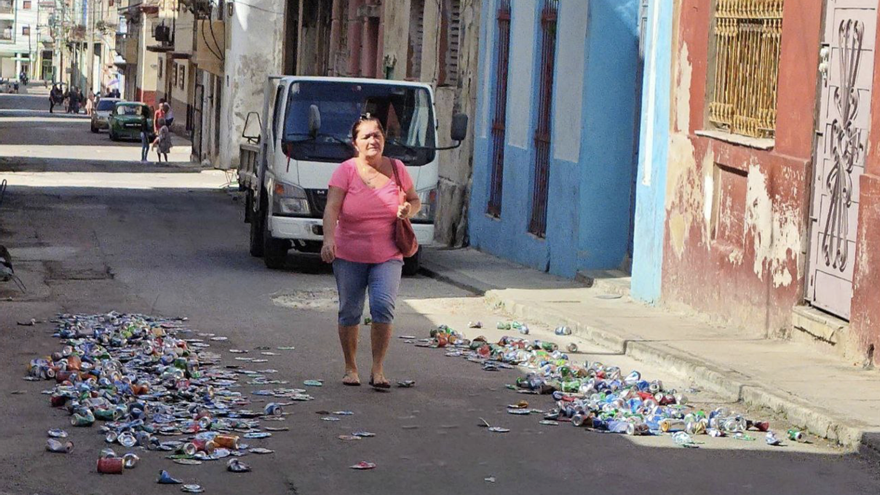They have been unanimously raising their hands to approve everything the Government proposes for almost half a century.

![]() 14ymedio, Reinaldo Escobar, Havana, 23 July 2024 — I should have entitled this commentary “the lack of guilt of the deputies,” so as not to confuse the meaning of innocence with “ignorance.” The deputies of the National Assembly of People’s Power (ANPP) are ridiculed by comparing them to a choir of trained seals that only knows how to applaud in exchange for crumbs. They have earned it, for almost half a century raising their hands unanimously to approve everything that the Government presents for their consideration.
14ymedio, Reinaldo Escobar, Havana, 23 July 2024 — I should have entitled this commentary “the lack of guilt of the deputies,” so as not to confuse the meaning of innocence with “ignorance.” The deputies of the National Assembly of People’s Power (ANPP) are ridiculed by comparing them to a choir of trained seals that only knows how to applaud in exchange for crumbs. They have earned it, for almost half a century raising their hands unanimously to approve everything that the Government presents for their consideration.
The ministers go to the forum of Parliament to present their reports and proposals, knowing that the most daring will engender a discussion about some punctuation mark or propose a synonym more in line with the hidden intentions that the shrewd deputy guesses behind the big print of the law.
The fox that has been placed in the position of guardian of the hen house is not guilty, just as the ice that has been thrown into the oven to heat a broiler is not to blame. Ice and fox are innocent; the fault lies in the selection system and, ultimately, in those who designed the system.
Don’t ever believe that the issue has already been explained too many times. continue reading
To become a deputy in Cuba, not only do you have to travel a hazardous path, but you also have to meet a long list of requirements
To become a deputy in Cuba, you not only have to travel a hazardous path, but you also have to meet a long list of requirements that have nothing to do with the personal growth that everyone proposes.
The candidacy to occupy seats in Parliament is fed by two sources: half of the 471 seats will be filled with constituency delegates; the other, with “prominent personalities from politics, culture, science, sports and society.”
The first is a screening of the more than 15,000 constituency delegates throughout the country. That is, choosing 235 out of 15,000, which gives the Candidacy Commission a negligible margin of error. In the second source the margin is even smaller, because there is no recognized figure that indicates how many people are available for the selection.
It has already been repeated many times that the so-called “diversity” of this National Assembly is reduced to the factors of age, race, occupational profiles and a few brushstrokes of religion or gender, but it is enough to verify that more than 90% of the deputies belong to the Communist Party or to the Union of Young Communists to understand that a train will enter the tunnel under Havana Bay* before a dissident can walk through the doors of Parliament.
They didn’t get to those positions by presenting a program or trying to promote a proposal. They got there through their rigorously scrutinized biography
They didn’t get to those positions by presenting a program or trying to promote a proposal. Their biographies were rigorously scrutinized and verified by the organs of State Security. The docility of those chosen ones had nothing to do with their convictions, but rather with their obedience to the leader. That is the reason why Raúl Castro’s presence is essential, because it is enough to observe how he applauds or nods to know how to vote.
If one day the General is not there, or better, if one day he doesn’t exist and the miracle of a discussion happens, let’s say between Prime Minister Manuel Marrero and President Miguel Díaz-Canel, in which both hold divergent opinions on some essential or even banal issue, it is most likely that the abstentions will abound.
Because the real miracle will happen when they can debate two sides of an issue and two tendencies can emerge that could be considered radical, moderate, conservative or novel, or anything else that can be imagined.
If there is something missing in Cuba, it is the alternative paths outside the dictates of the Communist Party. In 65 years, we have left behind, with no possible return, shortcuts and avenues through which the nation could have advanced.
Right now, faced with the terrifying idea of a future that threatens us, we see a mass of obedient deputies unanimously approving the whim of continuing on the path to the precipice. Can you blame them for their blindness and cowardice? That is why they were placed in that position, that is where their innocence lies.
*Translator’s note: There are no tracks in the tunnel.
Translated by Regina Anavy
____________
COLLABORATE WITH OUR WORK: The 14ymedio team is committed to practicing serious journalism that reflects Cuba’s reality in all its depth. Thank you for joining us on this long journey. We invite you to continue supporting us by becoming a member of 14ymedio now. Together we can continue transforming journalism in Cuba.

















